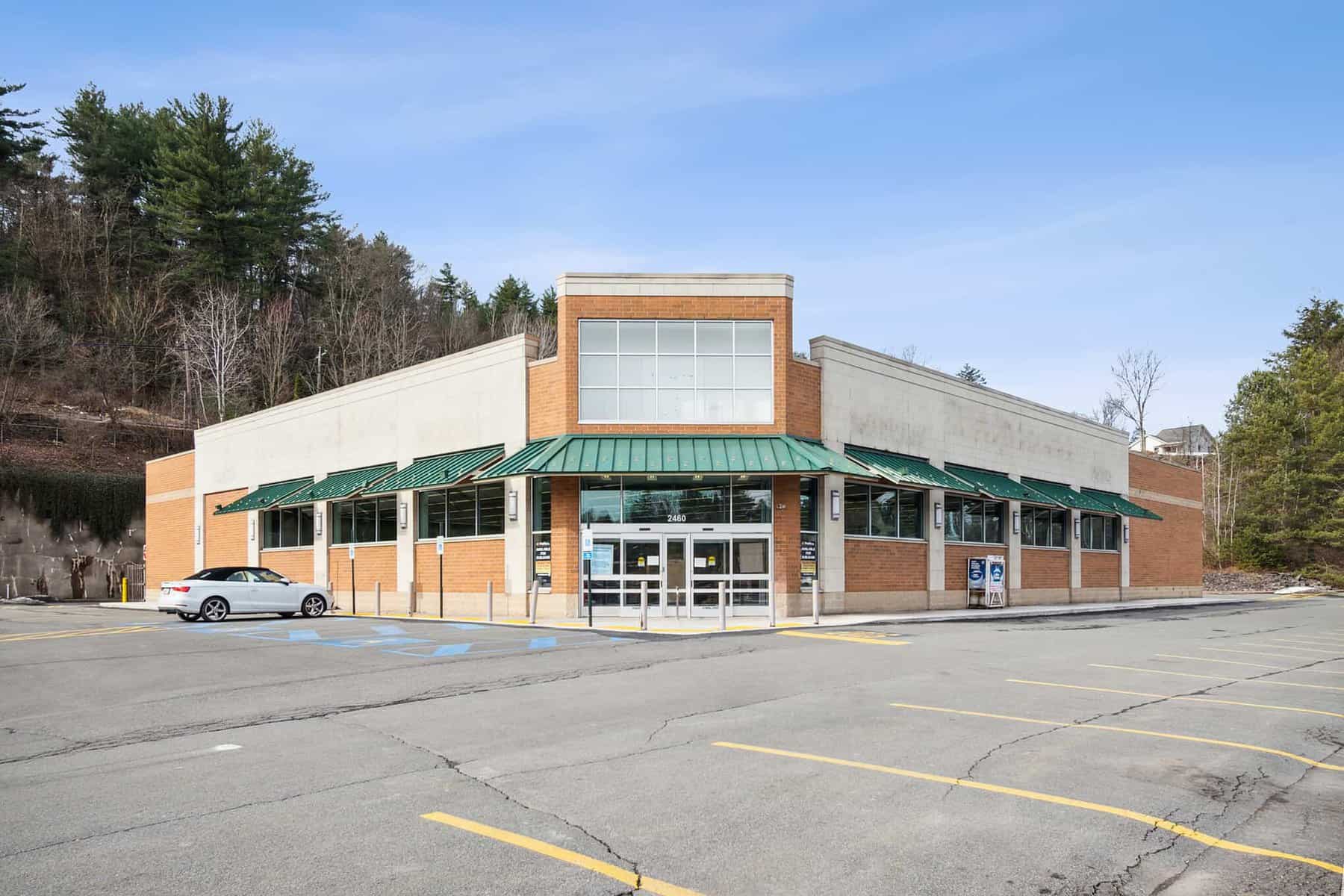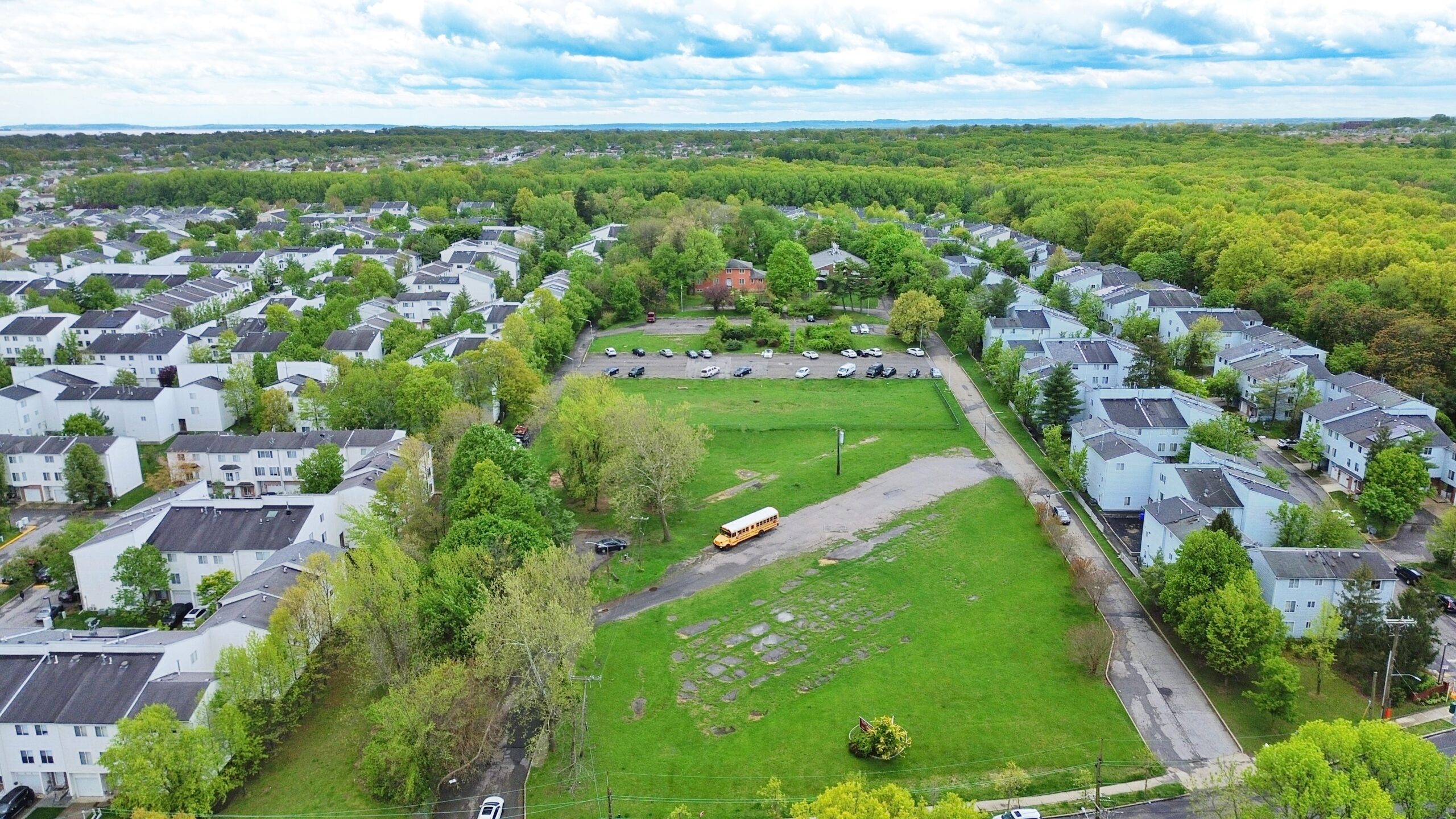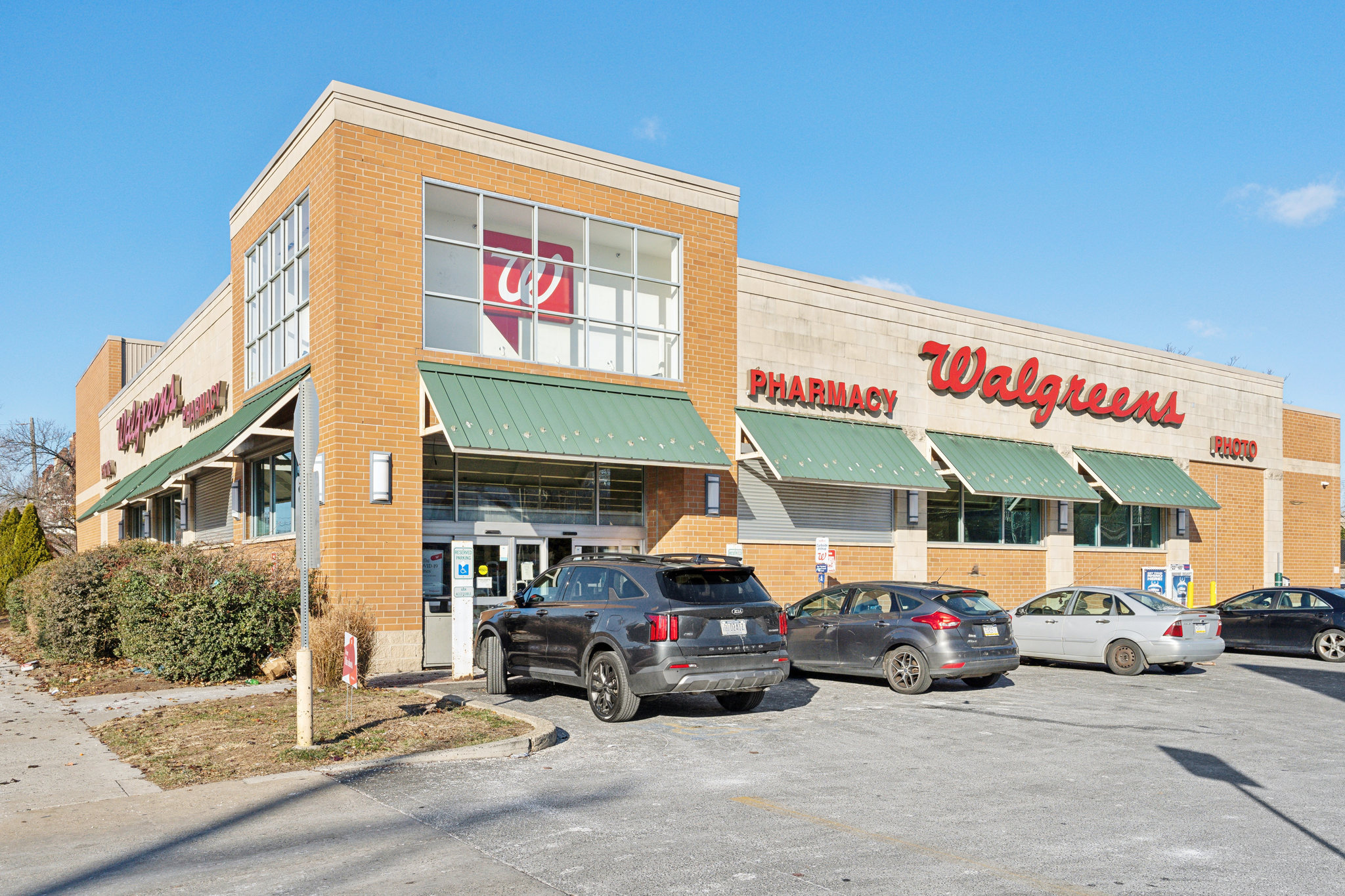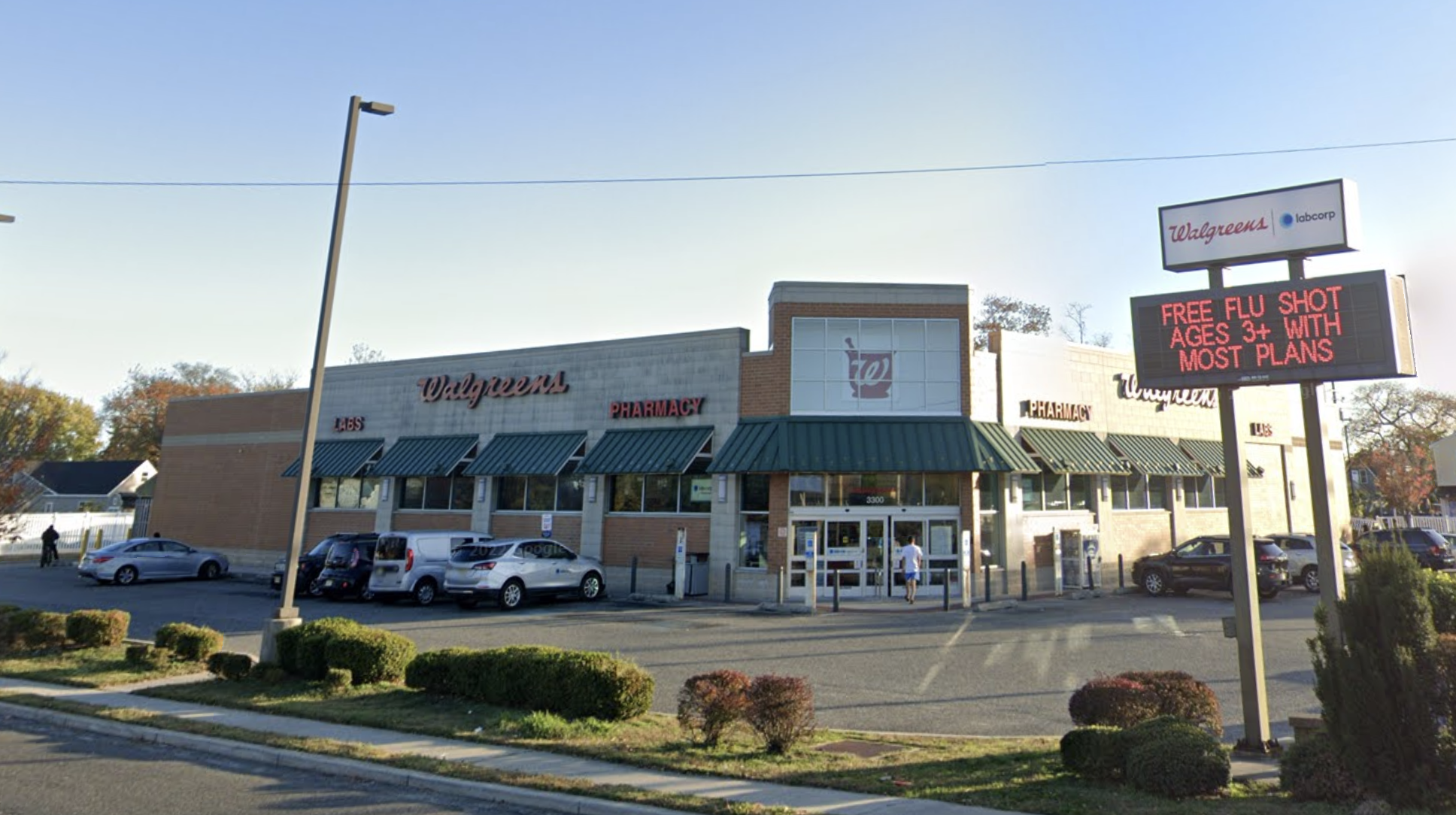Reasons for urban migration

But what is the reason for this dizzying increase in city living? That depends on the city. For example, most European cities have a very long history and were built when the population of the entire country was a fraction of the city’s population now. To illustrate this, when Paris was founded in 52 BC, it was a village of 25,000 people. From the latest census in 2017, that number is now more than 12 million in its metropolitan area – 480 times more than at its inception!
However, this isn’t such a big issue in the US. Most American cities were built to withstand a large number of people due to immigration, and some, like San Francisco, adapted to rapid urbanization in the face of the Gold Rush. Coincidentally, San Francisco and the Bay Area are currently facing a housing crisis due to the number of people moving to the city. See for yourself at this link: https://www.sfchronicle.com/bayarea/article/Housing-battle-in-downtown-Berkeley-15902854
A big part of this is jobs and salaries. The Bay Area is the home to Silicon Valley, the fertile breeding ground for those who want to found their tech startup and those who want to work for them. If you are a software developer, the chances that your golden ticket is in San Francisco are very high. After all, it is the home to giants like Facebook, Google, Twitter, etc.
Additionally, a lot of the population of big cities consists of students. It is no coincidence that the most prominent Ivy League colleges are nearby cities like Boston, New York, and San Francisco. The ambitious young people attending these institutions choose them for this same reason. Forming a network of professional contacts and finding an internship that might help you get a job later is easier when you are in close proximity to successful companies.
Another reason for moving to the city could be precisely its crowdedness. Namely, people in minority groups such as immigrants and members of the LGBT community are more likely to find others like them. Large cities are usually hubs for diverse cuisines and provide a lot more opportunities for cultural events and nightlife.
Last but not least, healthcare is an essential factor why people decide to live in cities. In rural areas, there is usually only one hospital servicing several towns and villages, which can be a detriment in time-sensitive situations. This also means that ambulances and EMTs take longer to arrive, which can sometimes be the difference between life and death. Read more about this issue here.
Detriments to city living
Despite all of these valid reasons for moving to the city, there is a significant disadvantage that a lot of people struggle with. You guessed it; it’s rent. Almost one-third of Americans are renters right now, and some sources cite figures as high as 35%! This is even more pronounced in cities with high population densities where not only do citizens have to rent, but they are also lucky if they find anything to rent for an affordable price.
One more shortcoming to big city life is pollution. With an increased number of people comes an increased number of cars. Sure, some of these cities have public transport, but that’s often inefficient or even that cheap! Besides, commuters from neighboring suburbs on their way to work also contribute to pollution, not to mention cutting into the parking spaces that are scarce as it is.
Another drawback that affects many is a crime. In a town of millions where so many people can be anonymous and disappear without a trace, it is valid to be concerned about becoming a victim of a crime. From “victimless” offenses such as car theft to more serious felonies as murder, social crimes increase with the citizens’ population.
Lastly, a big contributor to unhappiness in city dwellers is their lack of personal space. Since affordable housing is hard to come by, many people opt for sharing apartments with roommates. However, this can arrive at the cost of personal space and things like interpersonal issues.
Making a choice
So, what should you do? Well, it really depends on your personal situation. Although a smart choice, regardless of your preference right now, would be to purchase your own property. There are many residential communities such as Sullivan Place – Douglas Ebenstein, which is surrounded by all the amenities you might need. That way, if you do decide to live in the city, you can rent out your property in the meantime and have a backup plan as a homeowner.
Any financial advisor will tell you that investing in real estate is a smart move for your financial future. Property can serve as a source of secondary income and also provide you with the safety net of secure housing should you need it.







Leave a Comment